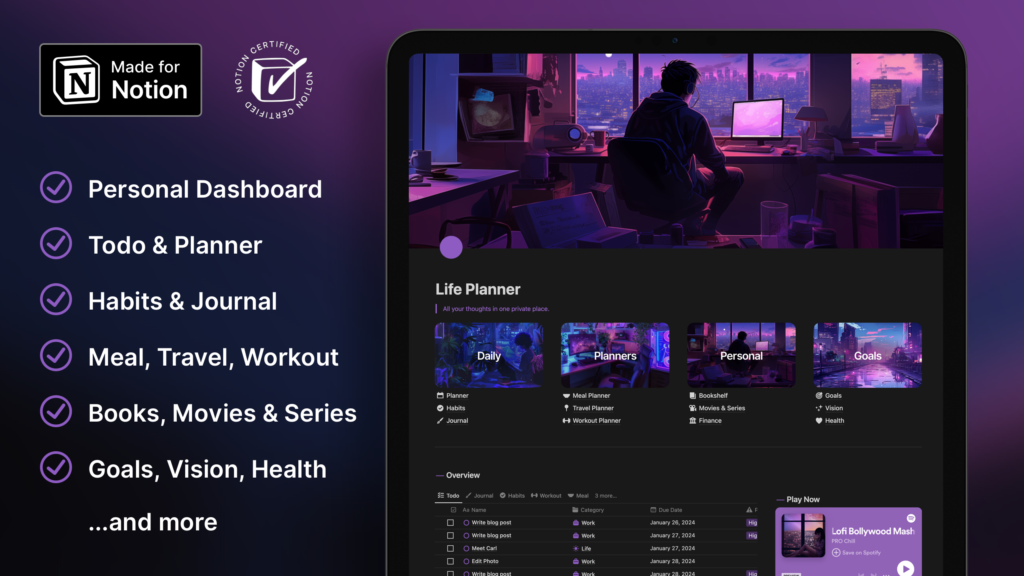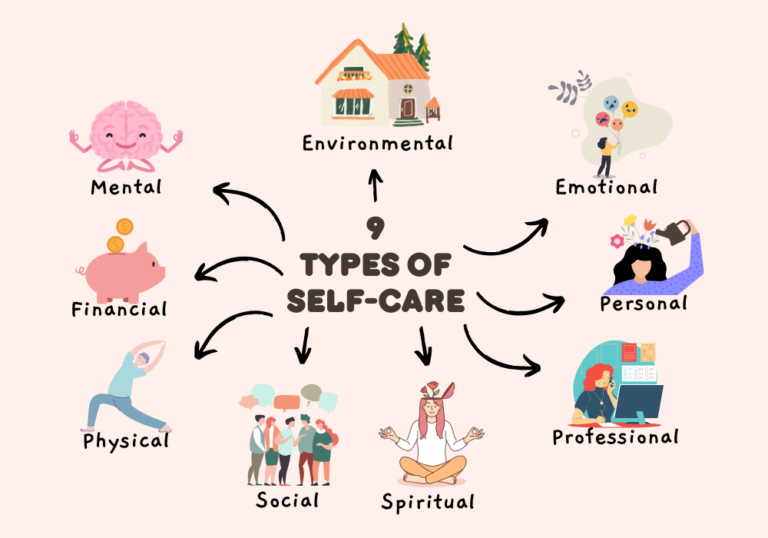Why ”Plan your day” it’s important?
Plan your day is essential to a productive day, and can be a little daunting, But having a plan will help you stay on track and make sure that you are achieving your goals.
Planning is a necessary component of effective time management. Without planning, it is difficult to maintain a sense of organization. Having a plan for your day makes it easier to use your time wisely and get the important things done.
15 Tips on How to Plan Your Day :
If you want to learn how to make the most out of your day, you need to know how to properly plan and use your skills and resources.
These 15 tips for improving your daily planning habits will help you become more productive.
1-Think About Your Day In Advance :

Having a plan for your day will help you use your time wisely.
To improve productivity, it is necessary to know how much time is available in a given day and how much time will be required to complete every activity as well as what goals need to be accomplished during the day.
It is beneficial to have a list of planned tasks or a general understanding of what is needed to complete a task before beginning your day. This will allow you to use your time more productively. Once you understand the task at hand, you can focus on preparing for it.
2-Create a ritual for yourself each morning:

Having a routine in the morning is one of the most powerful things you can do. It can help you learn how to structure and plan your day, as well as set the mood for the day and shift your mindset to be more positive and productive.
To make a new habit stick, you’ve gotta be consistent. Try working it into your schedule so you’re reminded to follow through regularly.
Related:Productive Morning Routine
3-Plan at the same time every day:

You can plan your day either the night before or in the morning. Creating and maintaining a daily routine is key to success. When you do the same things at the same time each day, it becomes second nature and requires less effort to stick to. Whether it is morning or evening is unimportant but finding what works for you is the most important.
4-Highlighting the one thing that must be accomplished:

Prioritize your tasks for the day by writing down your top priorities and highlighting the one most important thing you must accomplish. This will increase your productivity.
By narrowing your focus, you will not only be able to stay focused and on track, but you will also likely feel a sense of purpose and accomplishment when you can check this particular action item off of your to-do list.
5-List down your daily challenges and allot time to find solutions:

There are occasions when you may find yourself impeded by some foreseeable obstacles. It’s important to set aside time each day to deal with the challenges you’re facing. The ideal time to do that would be when you’re usually at your peak focus and creativity.
6-Stop multitasking:

When you’re trying to improve your focus, you have to be careful about where you’re placing your time and attention. If you try to work on too many things at once, your focus and concentration will both suffer.
When you have a specific goal in mind, it becomes easier to focus and remain concentrated for a longer period. When you try to juggle multiple tasks at once, it’s easy to feel scattered and pulled in different directions.
Completing one task at a time will ensure you have the energy, focus, and concentration required.
7-Find the routine that works best for you:

Having a daily routine is important, and finding the routine that works best for you is a key that will help you be more efficient and productive. Recognizing the times of the day when you have more or less energy will help you formulate this routine.
8-Eat breakfast :

it’s been shown that people who skip breakfast are less productive than those who don’t, so try to avoid skipping breakfast if you can. If you would like to save time, you can also pre-plan your breakfast. The ideal breakfast would be something healthy that will give you sustained energy for the day.
9-Leave time for breaks :

When you schedule time for every task and goal, be sure to also schedule some time for regular breaks. Working continuously will only lead to subpar work as you will not be able to stay focused. However, taking regular breaks will help you focus and be more productive overall.
10-Batch similar tasks:

This technique is used in order to increase efficiency by grouping similar tasks together and completing them at the same time. An example of this would be if you have multiple emails that need responses. Rather than allocating time for each email individually, you would set aside a general timeframe to reply to all emails needing attention.
11-Make a weekly/monthly plan:

Creating a to-do list for each day can assist you in completing daily tasks, but for larger goals, it is helpful to make a list at the beginning of each week or month.
For instance, if you have a deadline at the end of the month, you could set smaller goals to be completed by the end of each week so that you wouldn’t be scrambling to finish everything at the last minute. You could break these goals down even further by setting daily targets to meet.
12-Do the hardest thing first:

Many people often put off the tasks they dread the most, which in turn raises their stress levels and can leave them feeling disappointed at the end of the day if they aren’t able to complete them.
It takes discipline to do your most difficult task first each day, but it can be beneficial in making you feel more positive and productive. Once you complete the difficult tasks, you will feel capable and empowered. By completing the most difficult task first, the rest of your day will be more enjoyable. The easier tasks will feel much more manageable.
13-End your week with a reflection:

A daily plan won’t go far if you don’t take the time to reflect on your progress, see where improvements can be made, and adjust your plan accordingly.
It would be beneficial to set aside some time at the end of each week to think about how you managed your time that week, your general mood, and how productive you were. If you compare how long a task took you to complete versus how long you thought it would take, you can gain a better understanding of time management. With time, you will become an expert at assessing your work, allocating the necessary time, and working autonomously.
Gaining a deeper understanding of how you work best will enable you to set up a work week that is more productive, balanced, and healthy.
14-Include buffer time:

Planning for extra time in your schedule in case a task takes longer than expected is a good idea. Having buffer time between tasks is important. This time can be used to prepare for upcoming tasks or to document meeting notes from previous meetings or anything else…
15-Take an honest look at yourself:

To be successful, it is first important to understand yourself. What are your strengths? What are your weaknesses? Once you have this information, you can begin to manage your time more effectively.
To plan a productive day, consider how much time you have in a day, This includes knowing how many hours you spend on different activities. Like sleeping, working, eating, and socializing.
To be productive during your day, you must put in the effort. However, be careful not to let your desire for productivity become harmful. Therefore, know your limits, when it is okay to exceed them, and when it is not.
Related










